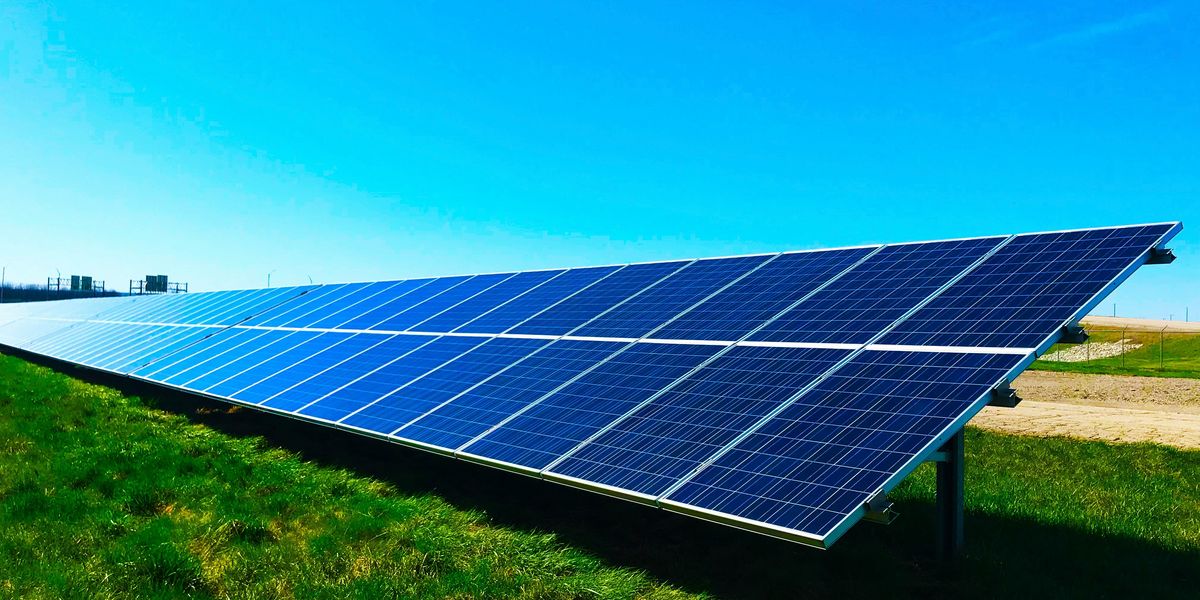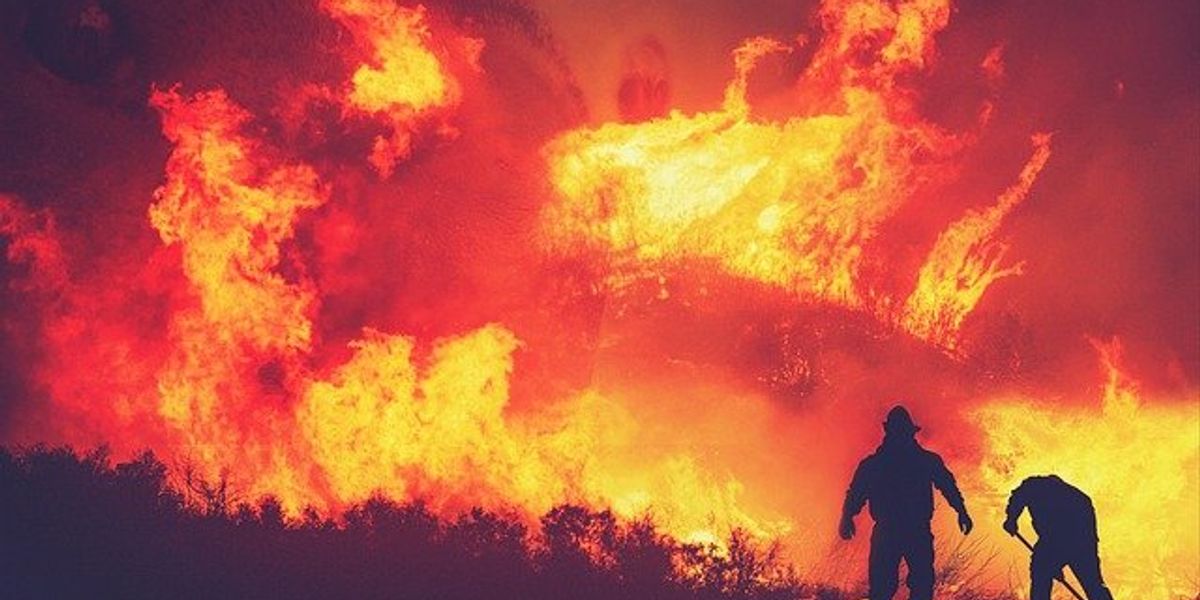
Peter Dykstra: SOTU, IPCC, AWOL, and an OMG
An avalanche of major news stories kick climate and environment to the curb. Again.
Joe Biden broke with tradition in his State of the Union address by offering more than a throwaway platitude or two on climate change.
Here are three past examples from consecutive decades:
- In 1984, Ronald Reagan said “Preservation of our environment is not a liberal or conservative challenge, it's common sense.”
- In Bill Clinton’s first State of the Union speech in 1993, the Democratic president was moved to speak ill of a blockbuster environmental law. "I'd like to use that Superfund to clean up pollution for a change and not just pay lawyers."
- And in 2006, George W. Bush looked America in the eye and pronounced his nation “addicted to oil.”
Those are my favorites among many broken SOTU vows. Of course, Reagan’s call for eco-unity came when he had already appointed uber-divisive souls like James Watt at the Department of the Interior and Anne Gorsuch at the Environmental Protection Agency. Clinton’s Superfund vow is still largely unfulfilled by either party.
And Bush’s oil addiction? Puh-leeze.
Climate crickets
On Monday, the scientists on the United Nations' Intergovernmental Panel on Climate Change (IPCC) served up their most stark, incontrovertible, poop-in-your-pants outlook on the certainties of the climate crisis.
#IPCC’s latest #ClimateReport, #ClimateChange 2022: Impacts, Adaptation & Vulnerability, examines the impacts of #climatechange on nature and people around the globe 🌏.
Read the report ➡️ https://t.co/31XeCHClsd
Watch the trailer 📹 https://t.co/OkaQBDQfJt pic.twitter.com/6510jVDtlr
— IPCC (@IPCC_CH) March 3, 2022
The world filed it behind Ukraine, COVID, and other more recent hair-on-fire issues on the action list. And maybe that’s where it belongs—for a couple of weeks at most.
The next AWOL
We’re just now coming to terms with the plastic crisis, as nations signed on to the beginning of a treaty process that will stop kicking the PET bottle down the road in 2024.
In the meantime, one estimate says we each ingest a credit card’s worth of microplastics each week. Think of a stack of 104 credit cards in your innards until the treaty kicks in ...
And finally, a big OMG
I’ve had an occasional, surprisingly good-natured back-and-forth with Senator Jim Inhofe, unofficial Dean of the Congressional Climate Denial Caucus.
To be fair, Inhofe can be courtly and good-natured, even in dialogue with those who think his views on climate change are based more on hallucination than on science. And maybe it’s in that spirit that he accepted my request for an interview on what he calls the climate “hoax.” On Friday November 17, 2034, at 10:30am ET, assuming we’re both alive, I’ll interview the ex-Senator on the occasion of his 100th birthday as to how the hoax is going.
Perhaps understandably, Inhofe’s announcement last week that he’s leaving the Senate at year’s end was a full fledged OMG. He’ll turn 88 before heading home to the only American state with an oil derrick on the Capitol’s front lawn.
Maybe he’ll take the time to notice that Oklahoma is the only state, as the hit Broadway musical tells us, where the wind comes sweepin’ down the plain.
Peter Dykstra is our weekend editor and columnist and can be reached at pdykstra@ehn.org or @pdykstra.
His views do not necessarily represent those of Environmental Health News, The Daily Climate, or publisher Environmental Health Sciences.
Banner photo credit: Joe Biden/Youtube













